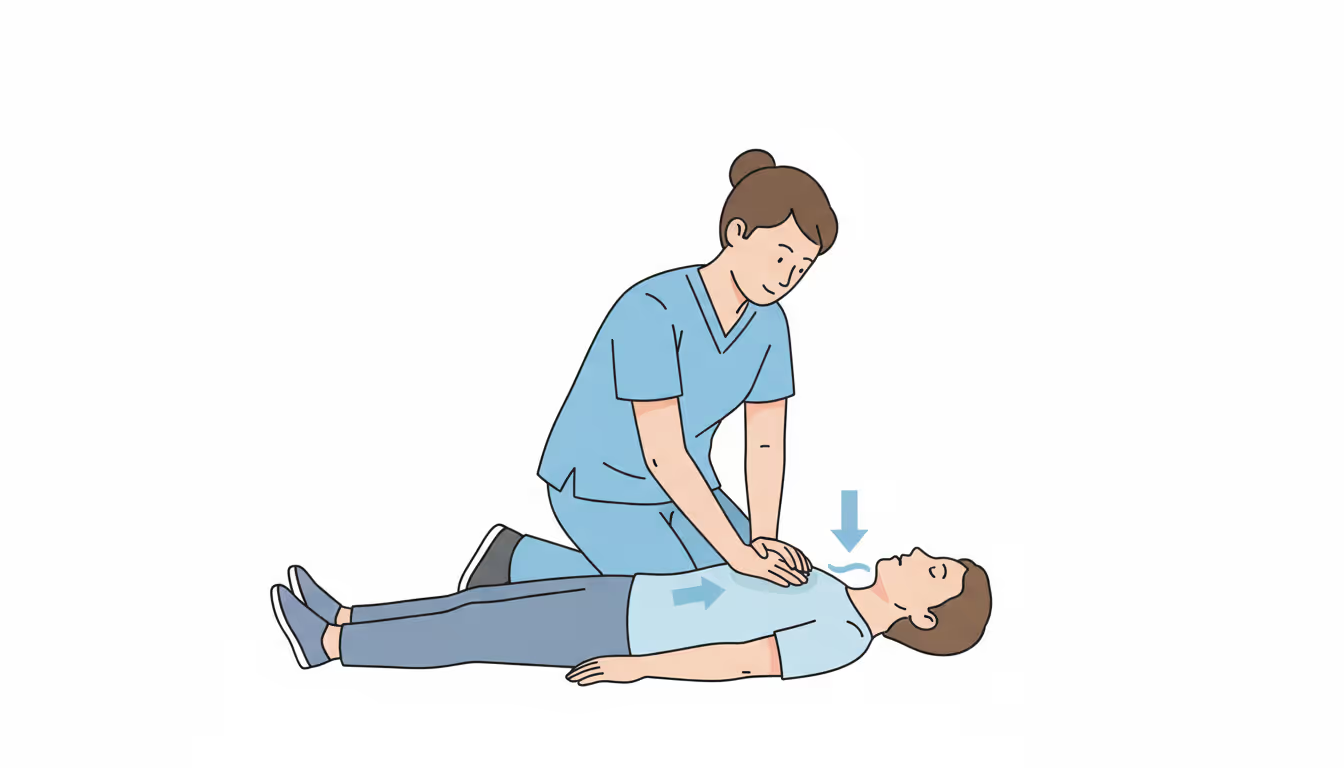
Obsessive-compulsive disorder (OCD) is a mental health condition marked by persistent, intrusive thoughts and repetitive behaviors, such as excessive cleaning, checking, counting, or hoarding. As a type of anxiety disorder, OCD can be debilitating and may continue throughout a person's life. Those affected by OCD find themselves caught in a cycle of irrational thoughts and behaviors that are distressing and difficult to break. The severity of OCD can range from mild to extreme, and if left unaddressed, severe cases can severely impact an individual's ability to function at work, school, or home.People with OCD experience unwanted thoughts or impulses that repeatedly surface in their minds, such as fears of harm befalling themselves or loved ones, an overwhelming worry about contamination, or a compulsive need for perfection. These intrusive thoughts generate significant anxiety, with examples including fears like "My hands might be dirty—I need to wash them," "I might have left the stove on," or "I might harm my child." Sometimes, these obsessions can be violent, sexual, or related to illness.To manage their obsessions, individuals with OCD often engage in compulsive behaviors. Common compulsions include washing and checking, but may also involve counting, repeating actions, hoarding, or meticulously organizing items. These actions are attempts to prevent perceived harm. Some individuals follow strict rituals, while others have complex and evolving routines. Although performing these rituals may temporarily ease anxiety, the relief is short-lived.The notion that OCD stemmed from life experiences is being challenged by increasing evidence of a biological basis for the disorder. The effectiveness of specific medications targeting neurotransmitters supports the idea of a neurobiological cause for OCD. OCD frequently occurs alongside other conditions like depression, eating disorders, or other anxiety disorders, complicating diagnosis and treatment.Treatment usually involves behavioral therapy, medication, or a combination of both. Some patients may respond well to behavioral therapy, while others find pharmacotherapy more beneficial. For some, medication helps manage symptoms initially, allowing them to engage in behavior therapy later. Serotonin, a neurotransmitter, plays a significant role in alleviating OCD symptoms. Clomipramine (AnafranilR) was the first serotonin reuptake inhibitor (SRI) approved for OCD treatment, followed by fluoxetine (Prozac), fluvoxamine (Luvox), and paroxetine (Paxil). Research indicates that over three-quarters of patients benefit from these medications, with more than half experiencing reduced frequency and intensity of symptoms. Improvement typically requires at least three weeks. If a patient doesn't respond well to one medication, or experiences side effects, another SRI might be more effective. While medications help control OCD symptoms, discontinuing them often leads to relapse. Therefore, most individuals need to continue medication long-term, potentially at reduced dosages.Traditional psychotherapy, which focuses on developing insight, is generally ineffective for OCD. However, a specific behavior therapy approach called "exposure and response prevention" has proven successful for many. This method involves the patient facing feared objects or thoughts directly or through imagination, while being encouraged to resist compulsive rituals. With therapist support, and assistance from others if needed, patients gradually confront anxiety-inducing situations, such as a compulsive hand washer touching a "contaminated" object without washing for several hours. Treatment is tailored to the patient's tolerance for anxiety and ability to resist compulsions. As therapy progresses, most patients experience reduced anxiety and gain control over compulsive behaviors.Studies show that behavior therapy is effective for the majority of OCD patients who complete it. Success depends on the therapist's expertise in this specific therapy and the patient's motivation and determination. The benefits of behavior therapy typically endure after treatment concludes.




